[ad_1]
The Chesapeake Bay Retriever, usually merely known as the “Chessie,” is understood for its love of water, timeless loyalty, and protecting nature. However, are Chesapeake Bay Retrievers aggressive? To completely comprehend this breed’s temperament, one should delve into its historical past, perceive the components that affect its habits, and acknowledge the significance of correct coaching and surroundings.
Chesapeake Bay Retrievers: A Transient Historical past
Chesapeake Bay Retrievers have an intriguing origin story, deeply rooted within the American East Coast, notably across the Chesapeake Bay space. They have been primarily bred for retrieving waterfowl in difficult water situations. Their historical past suggests they have been bred to be hard-working, decided, and fearless. Whereas these traits make them distinctive working canines, they will additionally contribute to the misconceptions surrounding their habits.
Pure Protecting Instincts of Chesapeake Bay Retrievers
It’s important to distinguish between aggression and protectiveness. Chesapeake Bay Retrievers are recognized for being extraordinarily loyal and sometimes protecting of their households. Their inherent need to safeguard their family members can generally be mistaken for aggression. Nevertheless, it’s extra concerning the Chessie’s innate drive to defend fairly than an inherent should be aggressive.
Coaching: The Key to a Properly-Behaved Chesapeake Bay Retriever
Coaching performs a pivotal position in how Chesapeake Bay Retrievers behave. Since they’re clever and decided, they require constant and early coaching. Constructive reinforcement strategies work exceptionally nicely with this breed.
- Socialization: Introducing your Chesapeake Bay Retriever to numerous environments, conditions, and folks from a younger age can considerably influence how they react as adults. Correct socialization will help them differentiate between a real menace and a innocent scenario.
- Obedience Coaching: Educating Chesapeake Bay Retrievers fundamental instructions and guaranteeing they adhere to them can stop undesirable behaviors. Their eagerness to please, mixed with their intelligence, usually makes them quick learners.
- Psychological Stimulation: Chesapeake Bay Retrievers are thinkers. Offering them with puzzles, video games, and common train can stop boredom, a typical set off for harmful habits.
The Position of Atmosphere in Shaping a Chesapeake Bay Retriever’s Habits
A canine’s surroundings performs an integral position in its habits. Chesapeake Bay Retrievers are not any exception. A chaotic, unpredictable, or hostile surroundings can contribute to anxiousness and stress, resulting in reactive habits.
- Secure House Atmosphere: Making certain a peaceful, constant surroundings helps Chesapeake Bay Retrievers really feel safe.
- Train and Play: Chesapeake Bay Retrievers have considerable power. Common play periods, walks, and swimming (a favourite exercise for a lot of Chessies) will help channel their power positively.
- Constructive Reinforcements: Rewarding good habits and guaranteeing the Chesapeake Bay Retriever is aware of its boundaries can set up a harmonious residing surroundings.
Conclusion
Chesapeake Bay Retrievers, with their loyal, protecting nature, can generally be misunderstood as aggressive. Nevertheless, with correct coaching, a steady surroundings, and an understanding of their inherent traits, these canines will be the loving and dependable companions they’re recognized to be. Recognizing the significance of early socialization, constant coaching, and a steady surroundings can guarantee a harmonious relationship with this distinctive and dependable breed.
Often Requested Questions About Chesapeake Bay Retrievers & Aggression
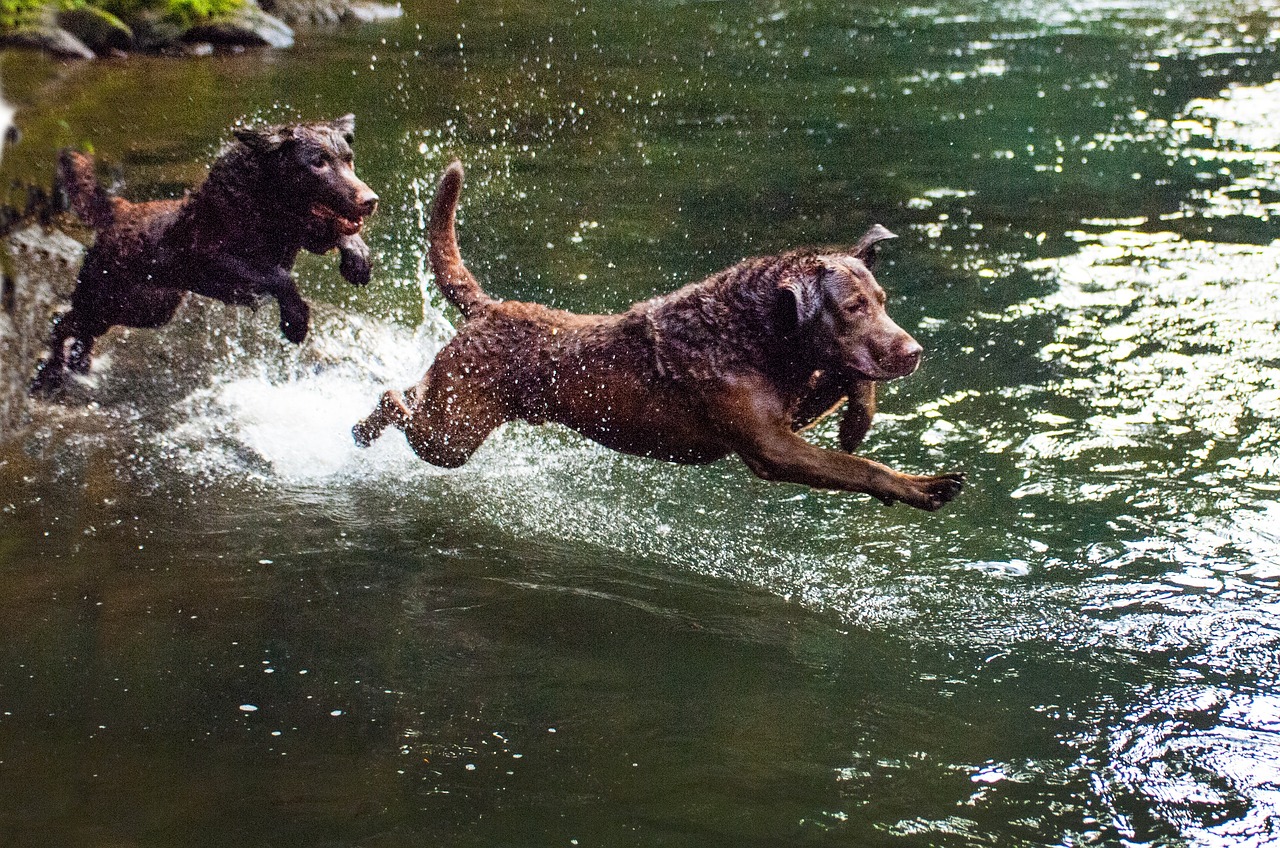
1. Are Chesapeake Bay Retrievers naturally aggressive canines?
Chesapeake Bay Retrievers aren’t inherently aggressive. Nevertheless, they possess a pure protecting intuition as a result of their historical past as working canines. This protecting habits can generally be mistaken for aggression, particularly if not understood or managed accurately.
2. What contributes to aggressive habits in Chesapeake Bay Retrievers?
A number of components can contribute, together with lack of socialization, insufficient coaching, a hostile surroundings, or previous traumatic experiences. Correct coaching and a steady surroundings can considerably cut back aggressive tendencies.
3. How does early socialization affect the habits of Chesapeake Bay Retrievers?
Early socialization helps Chesapeake Bay Retrievers differentiate between real threats and innocent conditions. Exposing them to numerous environments, folks, and conditions from a younger age may end up in a well-adjusted and sociable grownup canine.
4. How important is coaching for stopping aggressive habits in Chesapeake Bay Retrievers?
Coaching is pivotal. Chesapeake Bay Retrievers are clever and thrive on consistency. Common, optimistic reinforcement-based coaching from a younger age can stop undesirable behaviors and guarantee they perceive their boundaries.
5. Can Chesapeake Bay Retrievers from rescues or shelters exhibit aggressive habits?
Whereas some Chesapeake Bay Retrievers from shelters may exhibit aggressive or defensive behaviors as a result of previous traumas, many modify nicely with time, understanding, and coaching. Adopting from a rescue or shelter will be extremely rewarding, as you give a canine a second probability. These organizations usually present insights right into a canine’s habits, which will be invaluable.
6. How does the house surroundings affect a Chesapeake Bay Retriever’s temperament?
A steady, calm dwelling surroundings performs a significant position in a canine’s habits. An unpredictable or chaotic setting can result in anxiousness in Chesapeake Bay Retrievers, which can end in reactive habits. Common play and train in a constant surroundings can mitigate such behaviors.
7. Are male Chesapeake Bay Retrievers extra aggressive than females?
The aggression isn’t essentially tied to gender. Each female and male Chesapeake Bay Retrievers can exhibit protecting habits. Correct coaching and socialization are extra influential components in managing aggression than the canine’s gender.
8. How can homeowners appropriate undesirable aggressive behaviors of their Chesapeake Bay Retrievers?
Constant coaching, optimistic reinforcement, {and professional} steering (if wanted) are essential. Addressing the basis reason behind aggression, whether or not it’s worry, territoriality, or dominance, will assist in implementing efficient corrective measures.
9. How do Chesapeake Bay Retrievers normally react to strangers?
Given their protecting nature, Chesapeake Bay Retrievers will be cautious of strangers. Nevertheless, with correct socialization, they will be taught to discern between pleasant guests and potential threats, guaranteeing a extra measured response to unfamiliar faces.
10. Can adopting a Chesapeake Bay Retriever from a rescue cut back the possibilities of aggressive habits?
Adopting a Chesapeake Bay Retriever from a rescue or shelter could be a rewarding expertise. These canines usually crave stability, and as soon as they discover it, they will grow to be extremely loyal and loving. Many rescues and shelters additionally supply post-adoption help to make sure the transition is easy and any behavioral challenges are addressed.
[ad_2]

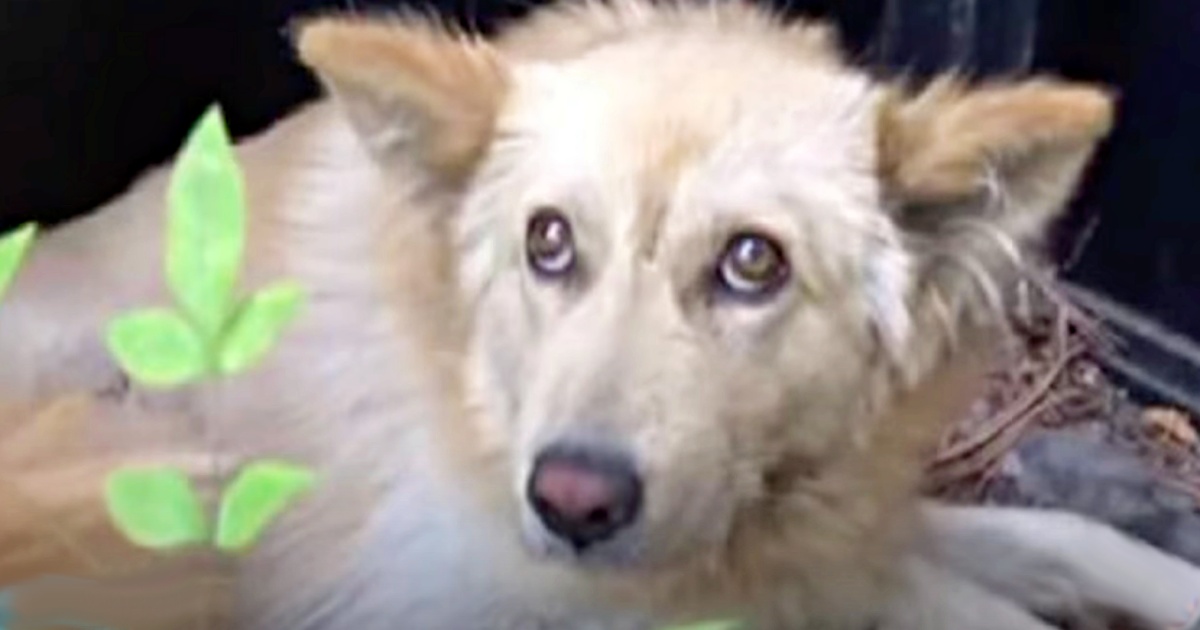

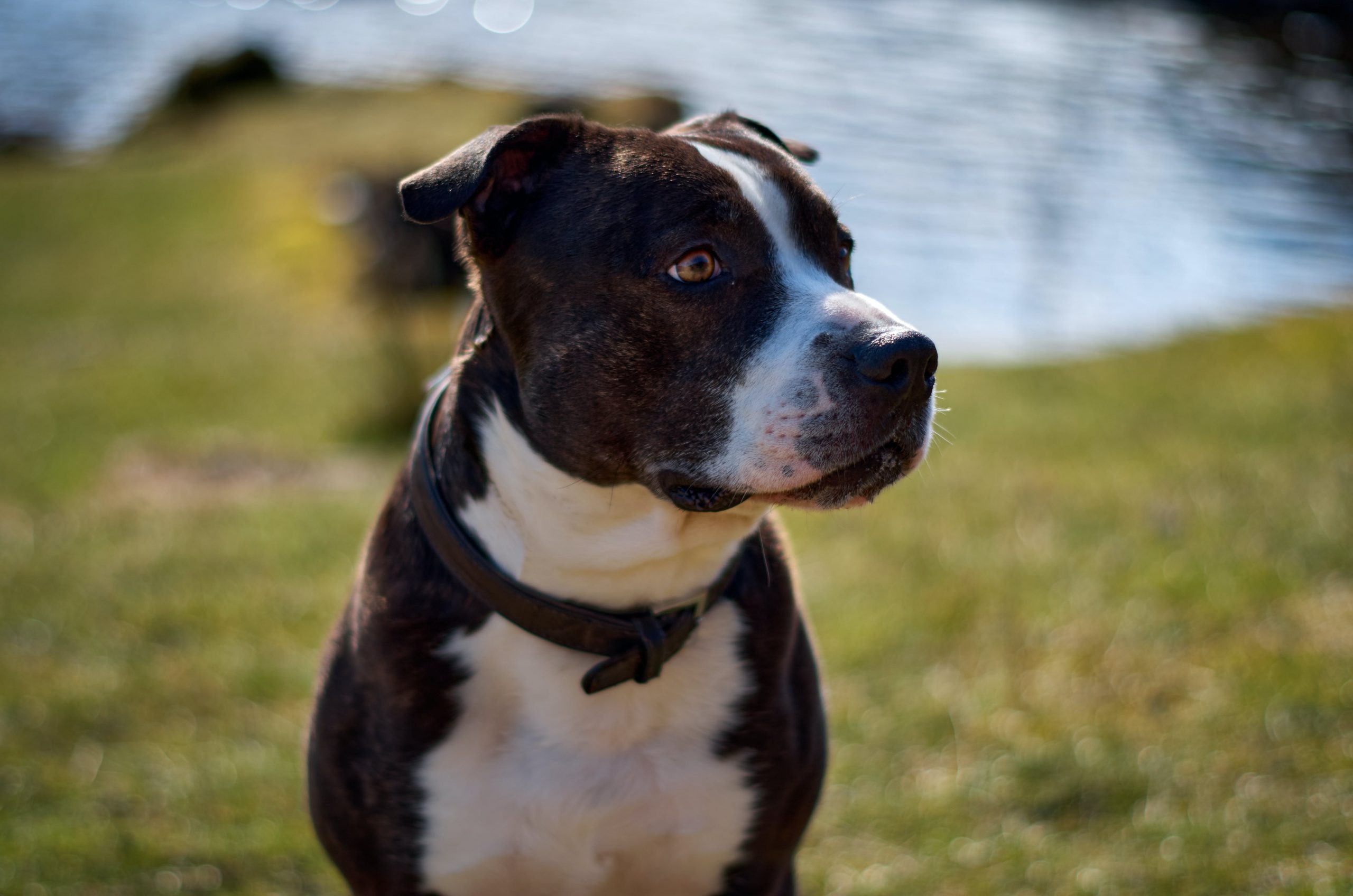
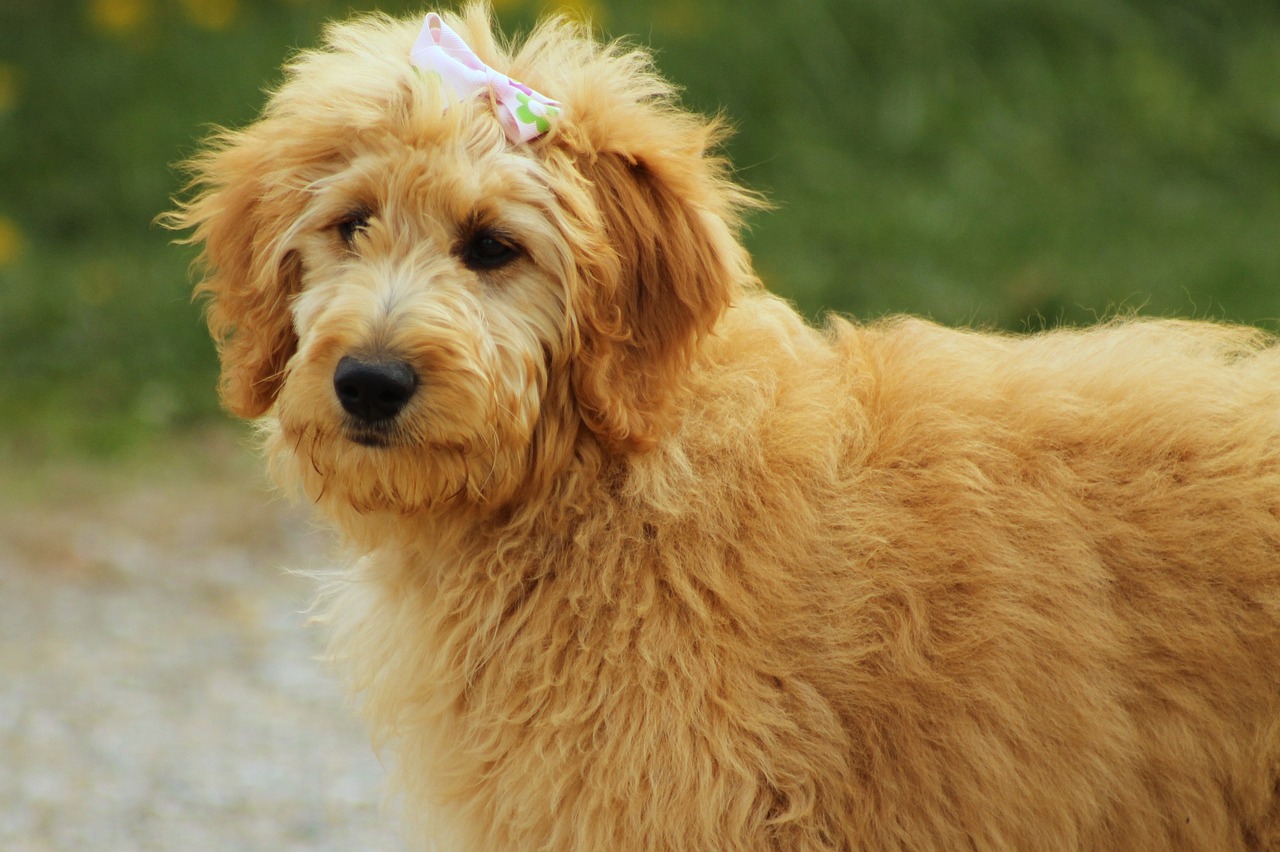




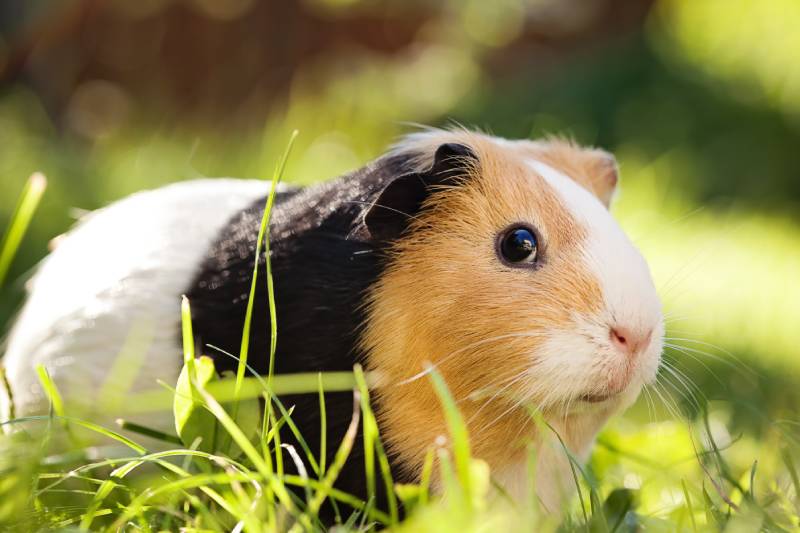
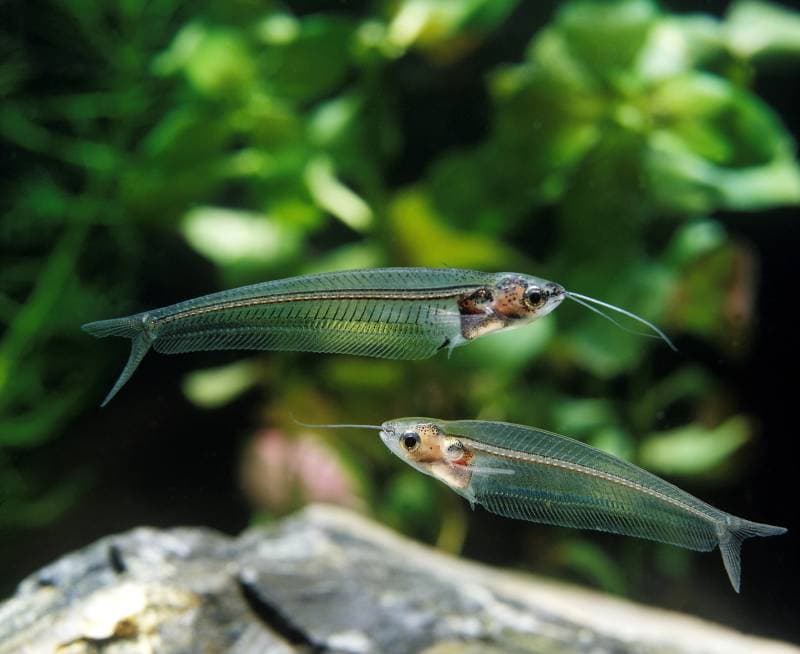
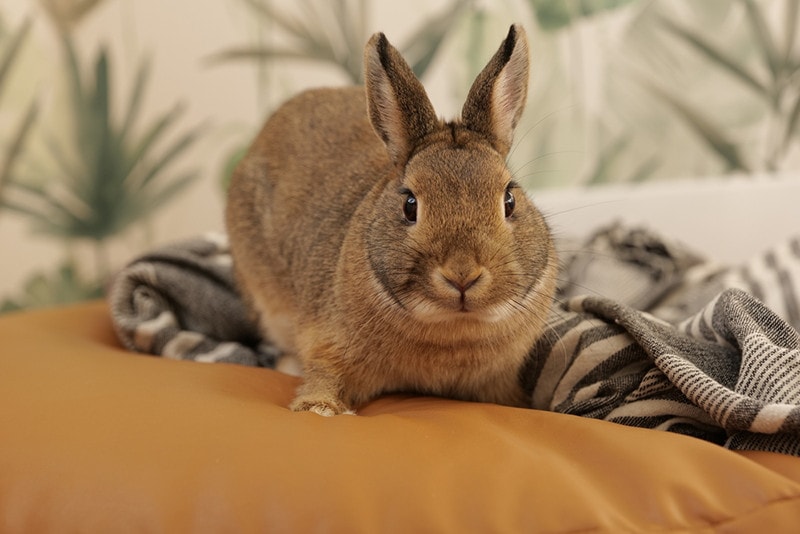

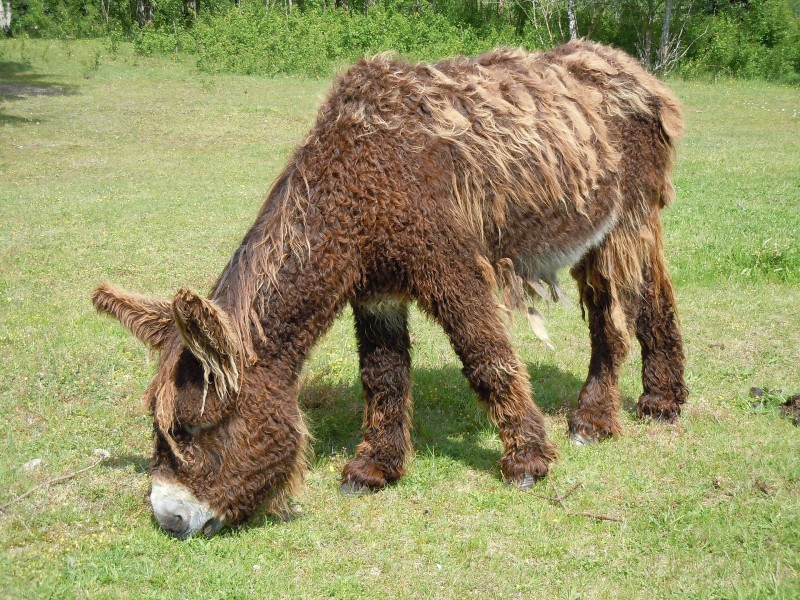


Discussion about this post